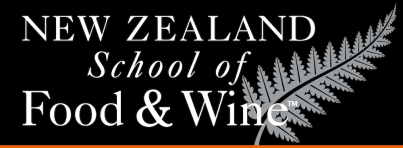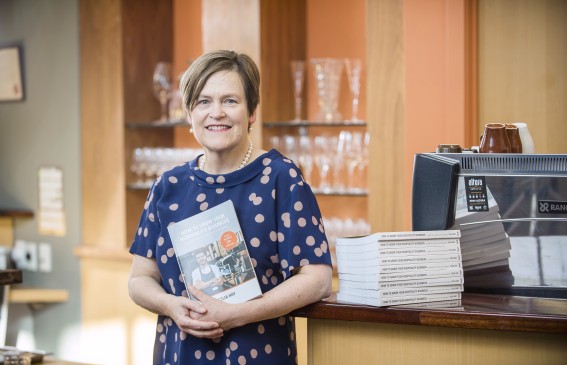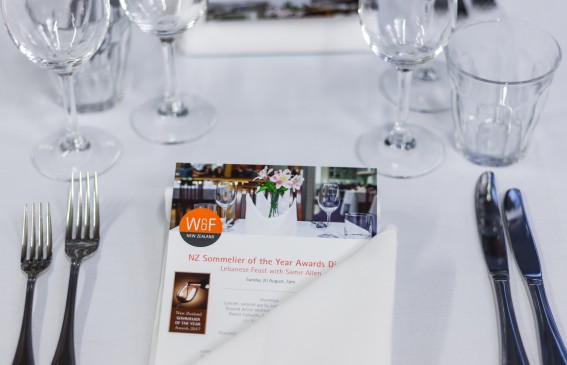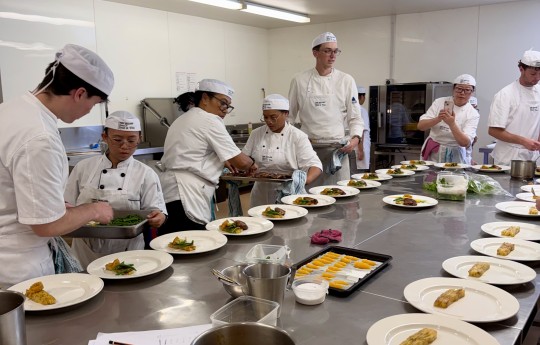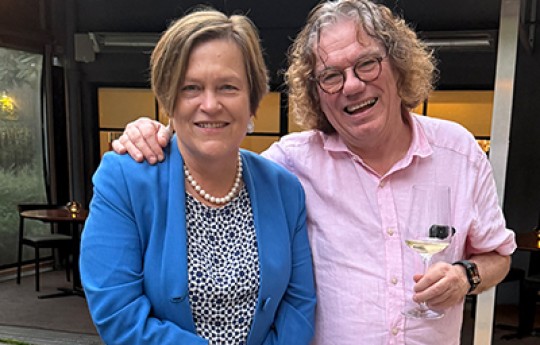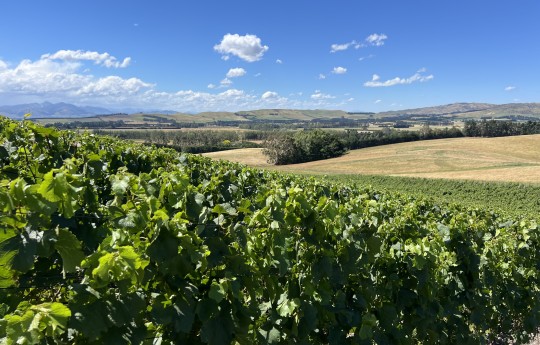Marco Polo Background
About Marco Polo (1254 – 1324)
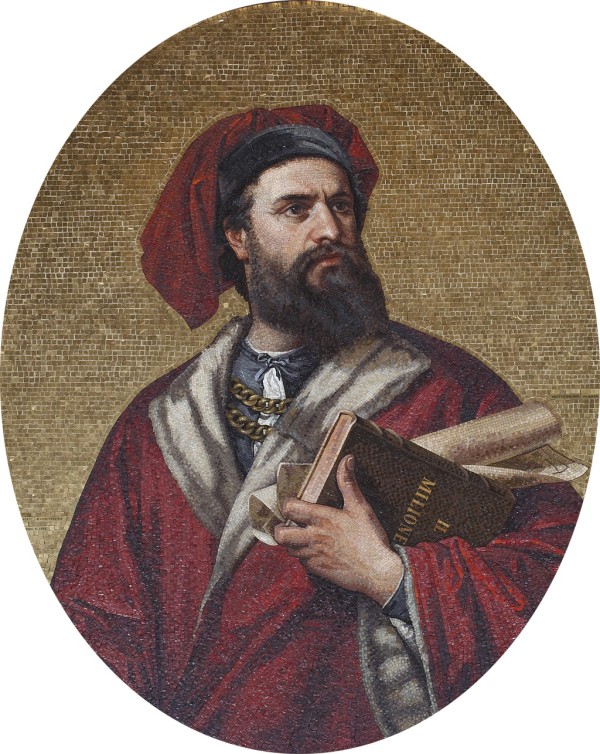
Salviati, Public domain, via Wikimedia Commons
Born in Venice c.1254, his merchant father, Niccolo Polo and uncle Maffeo Polo travelled to Constantinople in 1260. From there they headed east to the Black Sea and Caspian Sea and after many years reached the court of Khubilai Khan in Khanbalik (Beijing) around 1267.
The Great Khan, Khubilai, whose mother was a Nestorian Christian [1], requested that the Polos become his emissaries to the Pope in Rome. The Great Khan invited 100 Christian scholars return with them to Khanbalik. The Polos returned to Venice in 1269. Eventually, they set off again to return to the court of Khubilai Khan in 1271, accompanied by young Marco Polo. Marco became their scribe.

The Great Khan Khubilai (- 1294), Public domain, via Wikimedia Commons
In his book, The Travels [2] Marco Polo tells of their journey across the Silk Roads of Central Asia taking over three years. Their route was not direct. From Hormuz, in the Persian Gulf, they travelled across Iran to northern Afganistan, east along the Wakhan Corridor, crossing the high mountain passes and entering China from the northwest. Their journey had many twists and turns with the trio arriving at Khubilai's summer palace of Shangdu (Xanadu) in 1775.
We know about this story, because 17 years later, after Marco Polo, his father and uncle had returned to Venice, Marco Polo was captured by the Genoese and imprisoned. His prison cellmate was a writer, Rustichello of Pisa, a professional romance writer to whom Marco Polo dictated his story. This was published around 1298 and made Marco Polo famous.
The published work was a huge success, copied by hand, in those days before the printing press, where the manuscript was potentially expanded, adapted or even improved by its 'editors'. The original copy was lost. It is important to acknowledge that the significance of Marco Polo’s story was that he survived to tell the story!
While historians debate the veracity of the text, upon reading the book myself, this is such a fascinating story of a period that is very remote to us today, and is therefore inherently valuable.
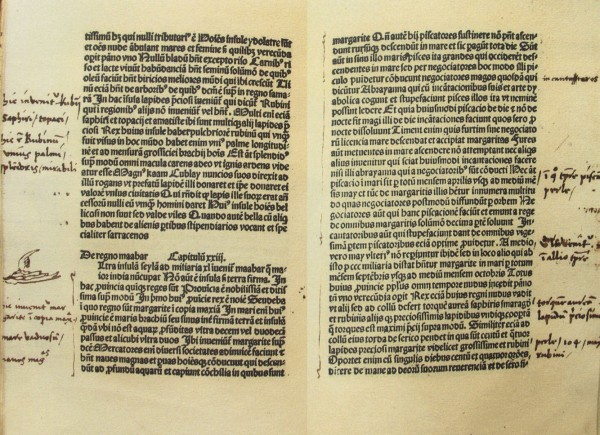
Marco Polo with handwritten notes and sketches by Christopher Columbus, Public domain, via Wikimedia Commons
I love the fact that there exist images of Christopher Columbus’s personal annotated copy. Columbus is reputed to have read the book many times and it became his inspiration to sail west across the Atlantic in 1492. This new knowledge of a world outside of Europe, with descriptions of numerous kingdoms, spices, gold, gemstones, paper money, success and opulence, was shocking.
What’s more, the text is quirky and one gets a sense of Marco Polo the man, his sensibilities and humour as he describes his encounters and shares his new knowledge. It is amusing, when he states ‘there is nothing else worth mentioning, so we will leave this place and move on...'
As a food and wine historian, I have focused on a number of themes that I know would be of interest in our food and wine world.
Here is a blog looking at the foods and wines that Marco Polo described in his book. For authenticity, I have used direct quotes from Nigel Cliff's translation [2]. Most intriguing for me is the debate about the Origins of Steak Tartare and Sauce Tartare and I have prepared a separate blog on this.
I am now happy to conclude that the word Tartare does come from Marco Polo's description of raw meat prepared in Yunnan Province, China.
In his book, Marco Polo used the word Tartar rather than Mongol, to describe the descendents of Genghis Khan and his grandson, Khubilai Khan, the first Mongol Emperor of China. For the European people, reading Marco Polo's book, it would make sense to give a name to diced raw meat, based on the first time this dish was encountered - perhaps while reading Marco Polo's Travels?
Celia Hay, 3/10/2025
End notes
1. The Nestorian schism (c. 431–544) was a split between the Christian churches of Sassanid Persia, which affiliated with Nestorius and the Catholic and Orthodox churches.
2. Cliff, N., (2015). Marco Polo, The Travels. Penguin Books, UK
References
Cliff, N., (2015). Marco Polo, The Travels. Penguin Books, UK
McLynn, F., (2016). Genghis Khan, The Man Who Conquered the World. UK
Weatherford, J., (2024) Emperor of the Seas: Kublai Khan and the Making of China, Bloomsbury, UK
Fall of Civilizations Podcast: The Mongols - Terror of the Steppe
https://www.youtube.com/watch?v=PdFwMDuAnS4
